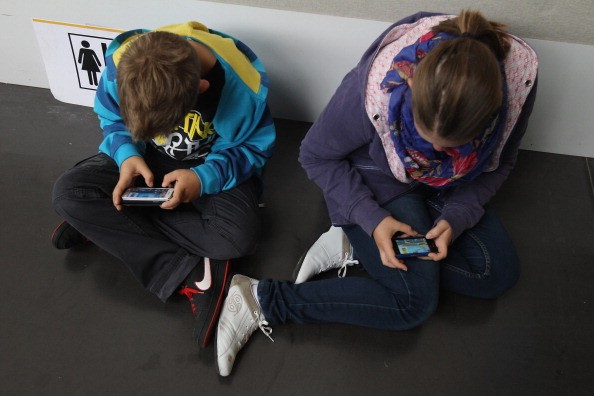
Kids, especially teenagers, are not getting enough sleep. Studies have already found that television is one culprit that keeps a kid away from getting the needed shuteye. But what about smaller screens, like smartphones?
It turns out that having a TV in the bedroom, sleeping with a smartphone or other electronic device nearby, and spending more time looking at screens in general all are associated with shorter sleep durations for kids on weekdays. This finding comes from a study of more than 2,000 fourth-graders and seventh-graders who are participating in the Massachusetts Childhood Obesity Research Demonstration Study. The researchers asked about the use of small screens and TVs where the children slept and screen time. They also asked about how much sleep they got on a weeknight and whether they felt as if they had gotten enough rest or sleep in the past week.
Children who have TVs or smartphones in their bedrooms got less sleep than the ones who did not. Kids who have a TV in their bedroom get about 18 minutes less sleep each night than those without a TV. Kids who have a smartphone or other portable electronic device get about 21 minutes fewer of sleep each night than those without such devices.
The study found that the presence of a small screen, but not a TV, in the bedroom and the amount of time spent looking at video screens was associated with the perception of not getting enough sleep. Watching television and playing video games - including games played on a computer - was also tied to a perception of not getting enough sleep.
The research was conducted at the School of Public Health at the University of California, Berkeley, and Harvard School of Public Health. The study was published in the journal Pediatrics.

